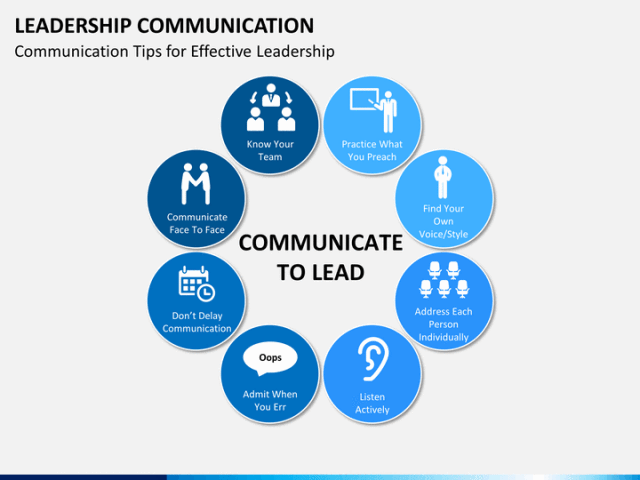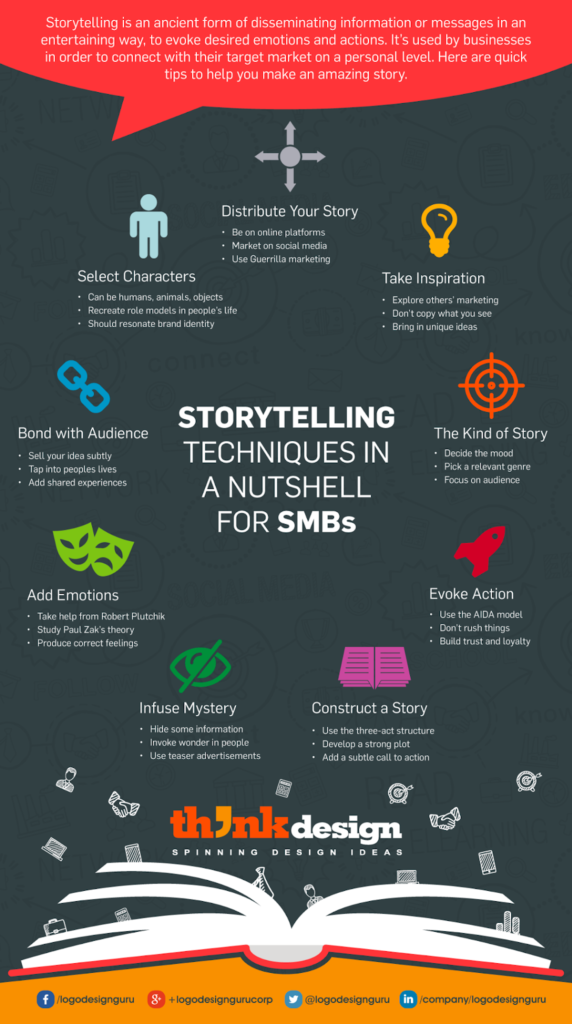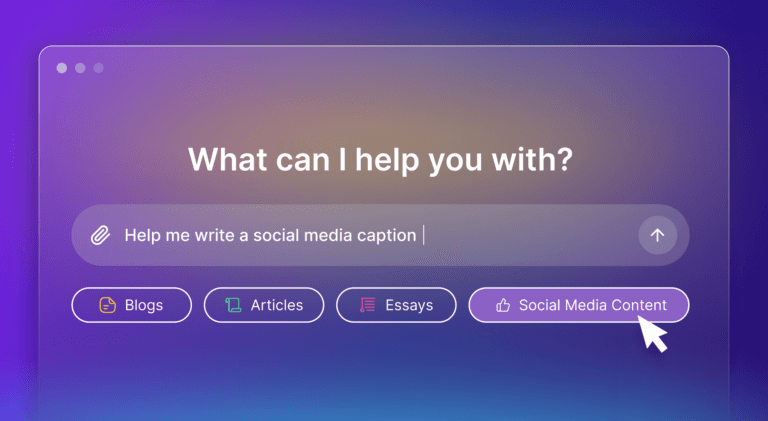10 Effective Leadership Communication Strategies

Table of Contents
- 10 Effective Leadership Communication Strategies
- Tips for Leaders to Communicate Effectively
- Key Takeaways
- Conclusion
- FAQs
Since the beginning of civilization, we have always needed leaders to help us get through the day and plan for tomorrow. Throughout history, leaders have used different strategies to communicate with their followers and people outside their group.
Leadership involves many skills, but one of the most important is communication. It’s one of the most indispensable attributes of a good leader because it enables you to be effective in your role. We are all leaders in some way: we may lead an organization, a team, or even just a small group.
Effective communication ensures all leaders that they’re able to do their jobs right. It seems obvious: a strong leader communicates well. But how, exactly, do they do that?
Communication is a vital skill for leaders to implement good leadership, but it’s also one of the most difficult ones to master. It can take years to build powerful communication skills, and no matter how many years you’ve been at it, there’s always something more to learn.
The key to effective communication, as a leader, can be hard to identify and even more challenging to implement. No matter how you communicate your vision, if the message you’re trying to send isn’t received the way you intended, it doesn’t matter how beautifully it was composed.

10 Effective Leadership Communication Strategies
Your team relies heavily on your ability to delegate tasks effectively; they’ll look up to you as their mentor. They will follow you because they trust you, and they’ll depend on you when things get tough. The better a communicator you are, the stronger the leader you become.
Effective leadership communication strategies focus on how you communicate with your team members. And it also determines how you communicate with the people above you in the hierarchy. Regardless of your position on the leadership ladder, these strategies can help you improve your effectiveness through communication.

Here are ten strategies leaders can adapt to communicate effectively with their teams.
1. Know your audience
Before you start talking, it’s essential to make sure you know who will be listening and understand what their interests are. Also, some understanding of comprehension level helps you avoid jargon and unpopular complex words.
The best leaders adapt their communication styles to different situations and audiences to deliver the most effective message possible for each individual or group.
2. Be direct about expectations
People appreciate a clear description of the goals in a project or task. It helps them do justice to their roles and efficiently accomplish their tasks. Clarifying objectives and expectations is especially important while working in a big team that is situated distantly.
There may be differences in language or culture that could confuse responsibilities or timeframes for completing a project. In such scenarios, the importance of straightforward and effective communication is indisputable.
3. Be ready for feedback
Communication isn’t just about delivering information; it’s also about taking it in by asking questions and listening actively to understand what the other person is trying to say (and why). It means being open to hearing criticism, which can help you improve your leadership skills in the long run.
There could be instances where a team member may fall short in using respectable language. You may get to face a harsh lash out from a subordinate. Your team will bow before you if you have the grace to take it, make the required improvements, and respond respectfully.

4. Give regular performance updates
A crucial part of good communication is staying in touch with people throughout a project’s life cycle. It ensures that you keep everyone updated on progress and share concerns as the need arises. Giving feedback does not mean you have to shout at someone who fails to meet your expectations.
Whenever you observe a team member falling behind, offer your help. Ask as many questions as possible in a polite manner about the steps they struggle with and the measures they have taken. Take initiatives to identify where and how you can improve your communication technique. It will help you to increase the work output of your team.
5. Always be honest with yourself and others
If you are making plans that are unaligned with your values, don’t do it! You have to acknowledge and address what is and is not suitable for you and your team to deliver the results. It’s okay to change course when necessary.
More than anything else, people value honesty. When you come across as honest about your stand on significant and minor issues, people around you feel comfortable coming to you with their questions and concerns.
However, honesty is not always the best policy. Take a tactical approach in matters where the interests of many people are at stake.
6. Never hold grudges
One of the most damaging things a leader can do is hold a grudge against someone who disagrees with them. Not only does this create turmoil within your organization, but it makes it difficult for employees to go above and beyond. They feel like their hard work doesn’t matter or that they’ll receive no recognition for their efforts.
In such a situation, put yourself in the place of your employee and practice empathy. A good leader ensures that her team gets a cohesive environment despite individual differences.
7. Listen more than you speak
It’s easy for leaders to feel like the world revolves around them. Leaders spend most of their time delegating tasks and planning. Effective communication and leadership entail listening when others are talking. Little self-awareness and conscience protect you against evolving into an authoritarian leader.
Listening will teach you more than talking. Not only will this help you build trust with those around you. It will show that you value what they have to say and that you’re interested in their opinion. As a leader, effective communication is the cornerstone of your persuasiveness with employees, clients, and anyone you work with.

8. Be concise
Don’t ramble on about something that could be expressed more succinctly. When communicating with others, especially in a leadership capacity, make sure that your words count. Work hard at being brief and specific when relaying your thoughts or opinions.
Stick to simple, polite, and straightforward ways of telling your message. It is wise to ask your team members if they understand you completely and ask questions if they have any doubts.
9. Master your body language
Your body language is a powerful way to send out non-verbal signals about what you’re thinking and feeling. For example, if you have a lot on your mind or are stressed, you won’t make eye contact when speaking with someone. You may also cross your arms in front of your chest and fidget, which will convey that you’re not open to listening or being influenced by what other people are saying.
The opposite is true for someone who feels confident and relaxed in his surroundings: they’ll lean in toward the person speaking, maintain eye contact, and stand up straight, conveying openness and trust in both themselves and their surroundings. Avoid holding a lousy posture because it indicates carelessness and inattentiveness.
10. Lead by example
One of the most effective skills of a good leader is setting an example for your team. You can influence people around you when you confidently overcome obstacles with a positive attitude. Show your subordinates how effectively you deal with conflicts and bring people together on common ground.

Tips for Leaders to Communicate Effectively
Converse in-person whenever necessary
The world has become digital, and most business communication happens through texts, emails, and formal letters. Of course, it is essential to describe terms and lay down rules to achieve targets. We can offer you some amazing email writing tips as well. But, the fact of the matter is that interpersonal communication builds bonds and trust. Whenever possible, talk to your team and ask their opinions or concerns.
Don’t say what you don’t mean
Basically, say what you mean. Simplify and construct your speech such that everyone gets your message.
Be transparent
Treat each employee equally and respectfully. It is a significant aspect of being an effective leader. If an employee is designated to complete 25 tasks a day while her colleague has double the responsibilities, conflict will arise. They may feel they are taken advantage of. However, a good team leader clarifies how much work each employee is expected to do and resolves such issues beforehand.
Talk about your aspirations
People connect right away when you share your dreams about how you see them in their future. Discuss the details about the project and share how it will help them excel in their respective domains. When you engage with your juniors as a team, they feel included and significant.
Ask questions rather than give orders
Let others do most of the talking. It is an established psychological fact that asking your team members what they like to do instills an empowering feeling. On the contrary, receiving orders feels like they have no choice. It consequently decreases their work efficiency.
Speak about your intentions
While delegating tasks to a particular person, share your thoughts about why you chose them. What do you see in them, and what sets them apart? It is a great technique to appreciate an employee for their unique skills.
Practice active listening
Listening is the most crucial aspect of communication. Pay attention to what the other person has said. Leaning forward, making gestures, and nodding is a sign of an active listener and leader. It suggests more about what they may be thinking, and thus, you get to formulate your queries accordingly.
Tailor your message for your audience
You may be the leader of a large corporation or a small bootstrapped startup. Each level of business communication is diverse. You have to construct your message according to the educational level of your audience. Remember that everyone learns in different ways; adapt your communication style accordingly. Apart from this, the way you speak to your junior may not be suitable for your reporting officer.
Frequently communicate with your team
Good leaders regularly communicate with their team. It builds bonds and trust that will go a long way in business.
Find the balance
Always try to find the right balance between being friendly and professional while conveying your message.
Incorporate story-telling techniques
Strike a connection by telling stories about how you or someone in your company dealt with a situation. Use examples of successful people while addressing the emotions and pains of your team.

Take a note of cultural differences in your communication style
Refrain from using words, phrases, or jargon that may insult a community, religion, or ethnicity.
Don’t forget to have fun
An effective leadership communication strategy is being open to humor. Joke around with people to lighten up the ambiance of your workplace.
Key Takeaways
- Clarifying objectives and expectations is especially important while working in a big team.
- Stick to simple, polite, and straightforward ways of telling your message.
- Effective communication is asking questions and listening actively to understand what the other person is saying.
- Unless otherwise necessary, be honest with yourself and others.
- Listening is the most crucial aspect of communication.
- Leaning forward, making gestures, and nodding is a sign of an active listener and leader.
- Do not use words, phrases, or jargon that may insult a community, religion, or ethnicity.
Conclusion
Communication is a critical but often overlooked leadership skill. As a leader, you can determine whether your team works well together or faces constant conflict and inefficiency.
Good communication helps motivate team members, improves productivity and efficiency, and boosts job satisfaction. In addition, it makes your company more professional and attractive to potential employees and clients. You will stand out as a leader by following the effective communication strategies above.
FAQs
Communication is how you accomplish tasks and projects together: it is how you establish trust and build relationships. Leaders who are good communicators are open to hearing what their team has to say, and their team feels more valued as a result.
Besides having a command over the official language of communication, you have to be open-minded, empathetic, honest, brief, concise, specific, objective, and a good listener.
It can determine whether your team works well together or faces constant conflict and inefficiency in a professional setting.
Effective leaders know when they must talk, pay attention, or listen. Active listening carefully is a universal quality that they possess. Powerful leaders solicit their employees’ thoughts, ideas, and feedback.
Your team relies heavily on your ability to delegate tasks effectively; they’ll look up to you as their mentor. They will follow you because they trust you, and they’ll depend on you when things get tough. The better a communicator you are, the stronger the leader you become.
Latest Blogs
Learn how to rank on AI search engines like ChatGPT, Perplexity, and Gemini by optimizing your content for authority, structure, and relevance. Stay ahead in AI-driven search with this strategic guide.
Explore the best healthcare SEO services for your medical practice. Improve online visibility and effectively reach more patients in need of your services.
Discover top social media agencies specializing in banking solutions, enhancing financial services and driving engagement.
Get your hands on the latest news!
Similar Posts

B2C Marketing
5 mins read
Top Choices for Best Content Marketing Services in B2B Industries

Artificial Intelligence
5 mins read
How A Lead Generation Specialist Can Use AI-Powered Content Funnels to Drive Conversions

Artificial Intelligence
4 mins read